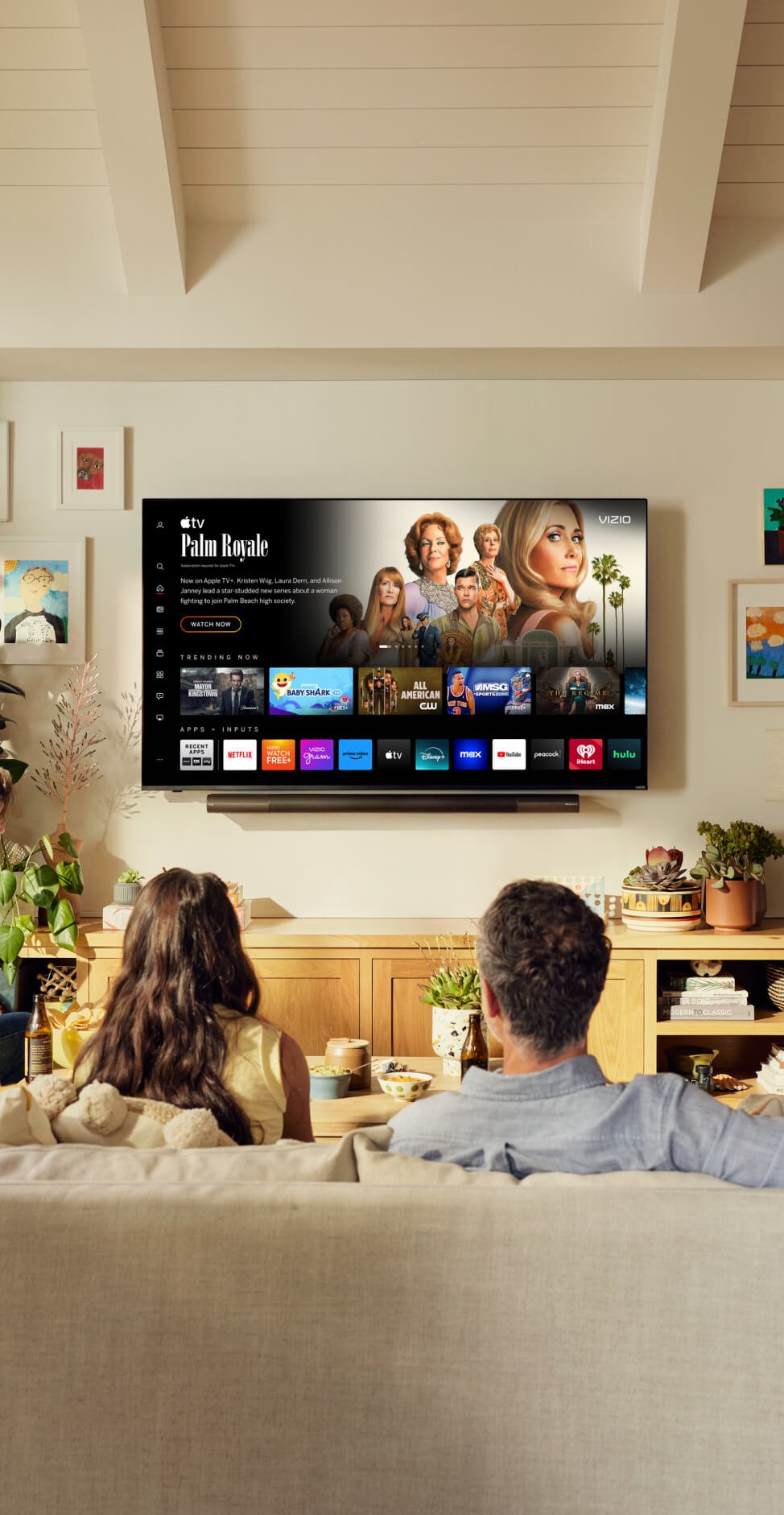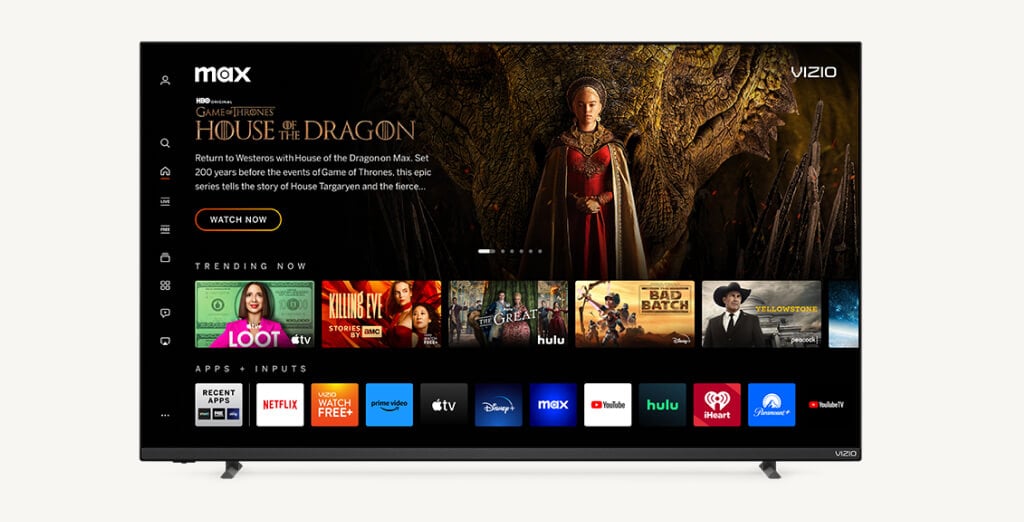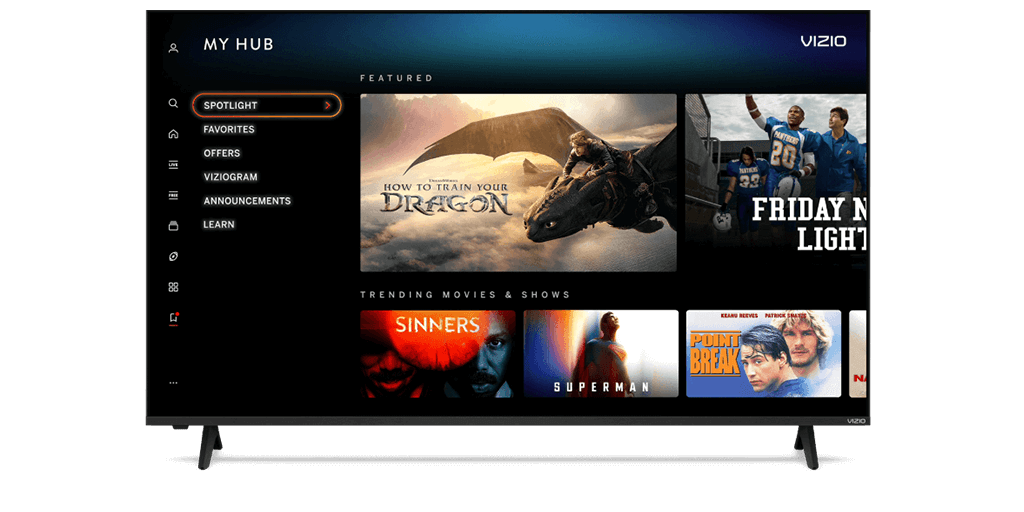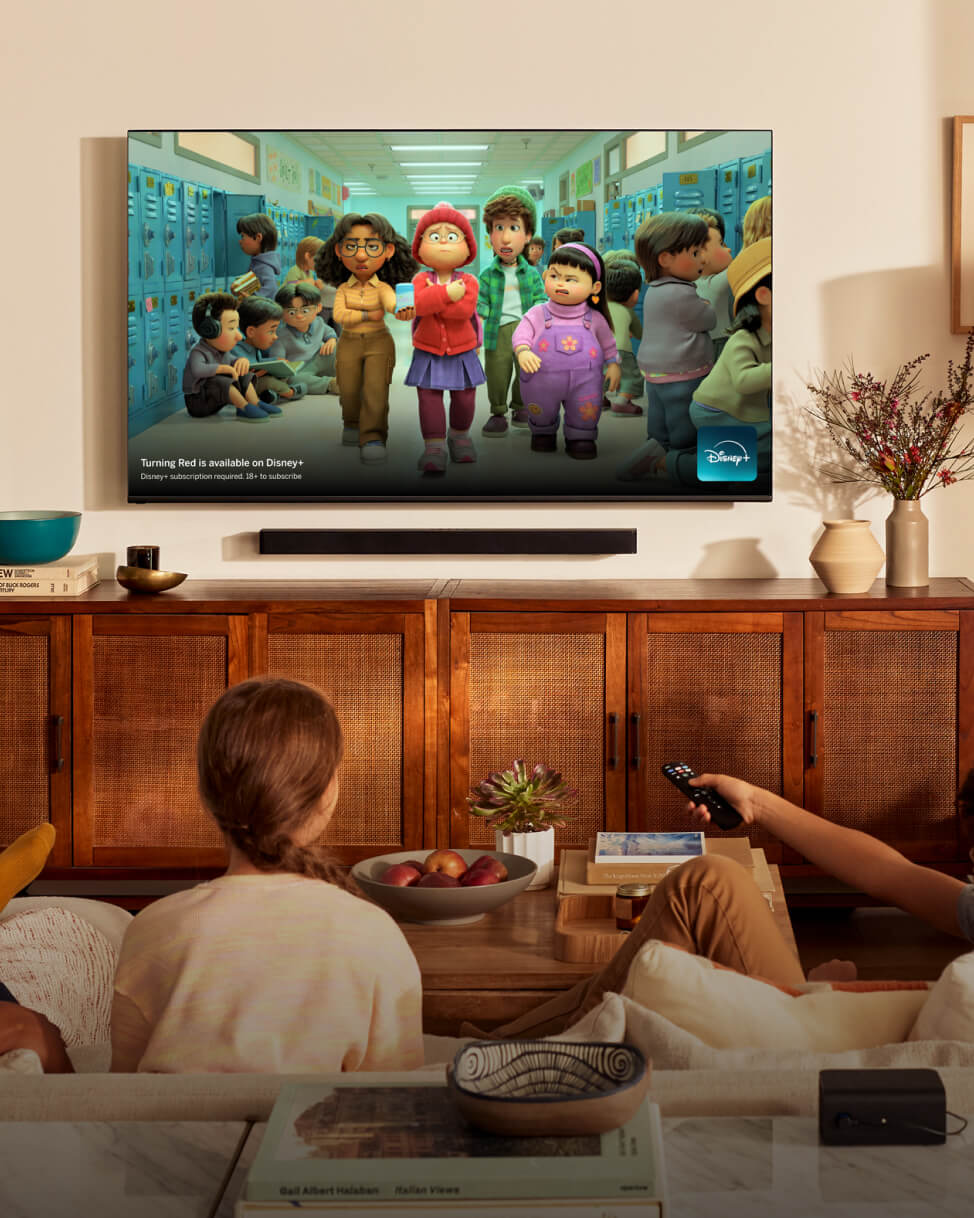Calif. Rules On Flat Screen TVs Worry Some Retailers
September 28, 2009
By: Ina Jaffe
California is about to become the first state to regulate the amount of energy used by flat screen TVs.
According to the state energy commission, those flat screens account for up to 10 percent of household energy use. But some retailers are saying that the proposed regulations could put them out of business.
It doesn't matter whether Californians are using their flat screens to watch a nature documentary or former Rep. Tom Delay on Dancing with the Stars — both contribute equally to global warming. And in some households, both may be on at once — on TVs in separate rooms. Californians own 35 million television sets and buy 4 million new ones every year.
"We actually think that TVs are a really important place to get more energy savings," says Karen Douglas, head of the California Energy Commission. "This plan would save enough energy to prevent us from having to build one very large power plant."
A Third Less Energy
Inch for inch, a flat screen uses more electricity than a TV with an old-fashioned cathode ray tube. A plasma flat screen, for example, can use more than three times as much.
If the new regulations are approved in November as expected, many flat screens sold in California in 2011 will have to use a third less energy than they do now. And by 2013, they'll have to cut energy usage in half. But it will all look the same to consumers, says Douglas.
"They will be able to walk into any store that sells TVs — they'll be able to buy a model of whatever size they're looking for," Douglas says. "And the only difference is they won't get sticker shock when they take their TV home, plug it in and see how much energy it uses."
Some 850 television models already meet the proposed standards. Among them are the 40 models made by Irvine, Calif.-based Vizio.
Ken Lowe, the company's vice president and co-founder, even wrote a letter to the state energy commission last year saying that Vizio would support even earlier implementation of the regulations.
"We were looking at the whole debate on making products greener and we thought, 'Well, if we can try and make our products use less power, that's at least one step in the right direction,' " Lowe says.
And, says Lowe, energy efficiency has been good for Vizio's bottom line.
"I think consumers are more and more realizing that they have to look at the TV and see what power it's taking," Lowe says. "I mean, apart from the fact that obviously they want the best picture quality. But I think the energy is also part of their buying decision."
Opposition To The Regulations
On the other hand, energy efficiency may be the last thing on consumers' minds when they're kicking back in one of the cushy, theater-style seats complete with cup-holders in front of the enormous flat screens at the Ken Cranes outlet store south of Los Angeles.
Steven Caldero, the senior vice president of the 10-store chain, says the regulations might make the huge screens, like the 73-inch screen, an endangered species.
"Twenty percent of what we sell would not be salable in the state of California," Caldero says.
The Ken Cranes stores have banded together with other retailers to oppose the mandatory regulations. Caldero says the rules just wouldn't work.
"[It] doesn't mean a consumer couldn't go online and order from Amazon or an online retailer who doesn't have a presence in California," Caldero says. "So it doesn't really seem to achieve what the proposed regulation claims it's gonna achieve."
But energy commissioner Douglas says that Californians can still buy plenty of refrigerators, clothes dryers and air conditioners — and those have all been regulated, too.
As a result, "energy consumption per capita in California has remained stable since the 1970s," Douglas says. "That's in very marked contrast to energy consumption in the rest of the country."
So it appears likely that a couple of years from now, Californians will be able to watch Dancing with the Stars on their flat screens with considerably less guilt — at least about the environment.








































